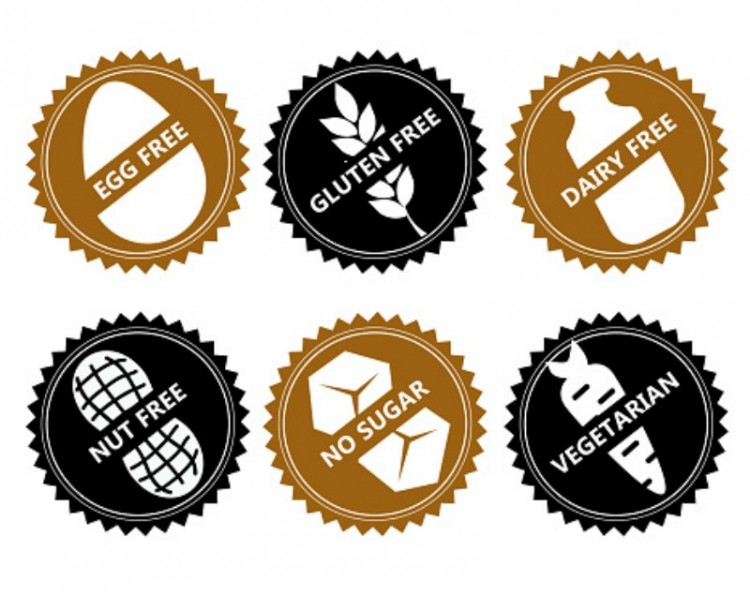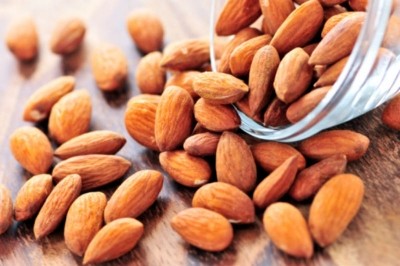Fighting nuts with nuts: How strong is science behind allergy-exposing strategy?

According to the recently-launched Nip Allergies in the Bub campaign by the National Allergy Strategy (NAS), babies should be fed these foods ‘around six months, but not before four months’ of age in order to ‘greatly reduce the risk of them developing an allergy to that food’.
This is recommended for nine different common allergy-causing foods: Peanuts, tree nuts, eggs, cow’s milk, wheat, soy, fish, shellfish and sesame.
“[Start by introducing] first foods including smooth peanut butter/paste and well-cooked egg. Delaying the introduction of the common allergy causing foods does not prevent food allergy,” said the NAS.
According to ABC, the NAS has received some A$1.1mn (US$767,000) in funding from the Australian national government since 2016 to battle the rising numbers of food allergies seen in the country – 10% of Australian babies develop a food allergy by the age of one.
“[Allergy rates in Australia] have shown a rise of approximately 7% a year for the past five years, in terms of food allergies [and] we need to do something about it,” said NAS co-chair Dr Richard Loh.
"[Introducing] peanut between four to 11 months of age in what we call high-risk infants — so these are infants with moderate or severe eczema and, or egg allergy - could reduce peanut allergy by up to 80%."
The country’s national health website healthdirect recommends a similar course of action, adding that parent should start with ‘iron rich foods while continuing breastfeeding’.
Earlier this year in January, the Australasian Society of Clinical Immunology and Allergy also published similar guidelines in the Medical Journal of Australia.
The science behind the recommendations
One of the major studies that these recommendations were based on is the 2015 Learning Early About Peanut (LEAP) study, which as the name suggests, was conducted solely based on peanuts.
Conducted by the Immune Tolerance Network (ITN), the study followed 600 children between four and 11 months of age at high risk for peanut allergy (had severe eczema and/or egg allergy), and tested the effects of consumption or avoidance of peanut until five years of age.
At the end of the observation period, the researchers revealed that 17% of the children who had avoided peanut had developed a peanut allergy, but only 3% of children who were exposed to peanuts developed this,
“Therefore, in high‐risk infants, sustained consumption of peanut beginning in the first 11 months of life was highly effective (by 80%) in preventing the development of peanut allergy,” said the researchers.
A later study conducted by researchers at Kings College London titled Enquiring About Tolerance (EAT) which investigated other potential allergens not covered by the LEAP study (peanut, cooked hen’s egg, cow’s milk, sesame, whitefish, and wheat) did not reveal similar findings, although the early introduction of these foods was found to be ‘safe’.
Participating infants were segregated into an ‘early-introduction’ group which was exposed to the allergenic foods at three months old, and a ‘standard-introduction’ group which was exclusively breast-fed until six months old with no allergenic foods specially introduced into their diets.
Both groups were observed until three years of age, whereupon skin-prick testing and food challenges did not yield significant differences between the results from each group.
“This trial failed to show the efficacy of early introduction of allergenic foods as compared with standard introduction of those foods in an intention-to-treat analysis,” wrote the researchers.
“[There exists the] possibility that preventing food allergy by means of the early introduction of multiple allergenic foods in normal breast-fed infants may depend on adherence and dose.”
A separate meta-analysis published in the Lancet earlier this year revealing that oral immunotherapy (feeding allergic individuals increasing amounts of an allergen with the goal of increasing the threshold that triggers a reaction) being potentially risky for peanut allergies also raises some doubts, although this was conducted on older children averaging nine years of age.
Conducted by researchers at McMaster University in Canada, this report analysed over 1,000 patients across 12 studies from Australia, the United States, the United Kingdom and Europe.
“In patients with peanut allergy, high-certainty evidence shows that available peanut oral immunotherapy regimens considerably increase allergic and anaphylactic reactions over avoidance or placebo,” said the report authors.
That said, no concrete evidence has been put forth to say that exposing children to allergens before the age of one is risky or dangerous, and early dietary exposure is ‘now the confirmed preventive strategy for peanuts’, according to Scientific American.
Whether or not this practice can be successfully transferred to other foods remains to be seen, as getting children of such a young age to eat these is ‘not easily achieved’, as described by the researchers from the EAT study.






















